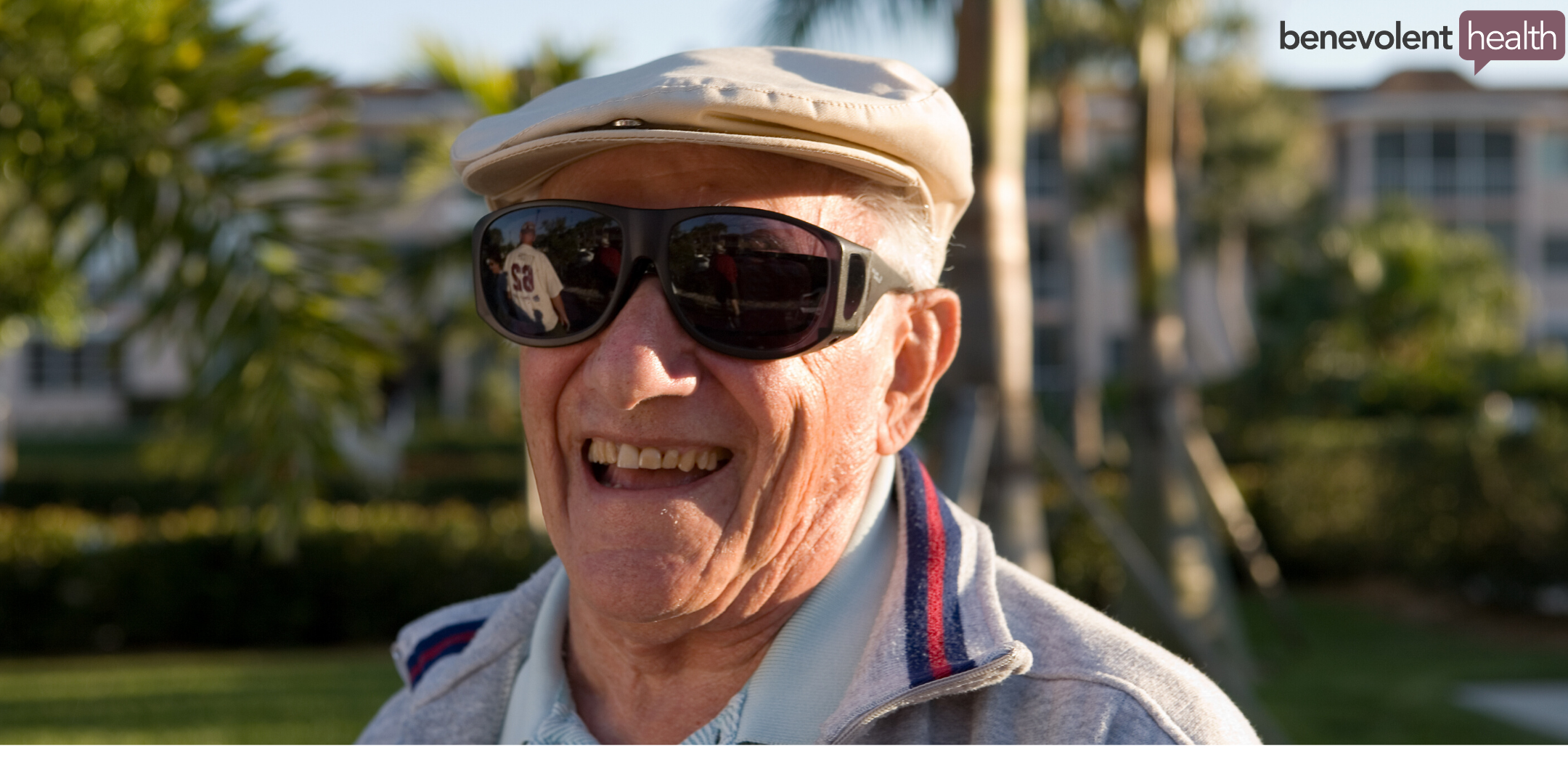Social Isolation A Risk That Could Kill Us?

Suffering in Silence
Ageing and Social isolation may be as harmful to our physical health as obesity, or smoking 15 cigarettes per day.
The number of people aged 75 or over is expected to double in the next 30 years’ age discrimination continues to blight our society, despite a decade of government policies. 36% of all households are for solo living and older adults, particularly older women, are more likely to live, or spend time alone.
Depression is both the most common and most treatable or reversible mental illness in old age, affecting one in five older people in the community. This figure doubles in the presence of physical illness and trebles in hospitals and care homes.
The ageing narrative is very negative with older people stereotyped as ill, dependent and incompetent, often ignored and more vulnerable to mental health problems or social isolation. People living longer should be the cause for celebration where older people are respected for their wisdom and contribution to the family or community.
Instead, research has linked social isolation to increased risk of worse psychological wellbeing and poorer physical ailments that tend to worsen as we age — including cognitive decline, heart disease, increased blood pressure and links to a higher risk of anxiety and depression.
But, older people are far less likely to be volunteered, detected or treated and less likely to complain about losses of relationships or abilities, as these maybe considered to be normal.With increasing inequalities in older people’s mental health care and distorted ageist approaches across society, social isolation is a genuine risk that could kill us.
4 Ways To Combat Loneliness
Social connection has a huge impact on mental wellness and combatting loneliness will dramatically reduce the risk of social isolation and the benefits of social connectedness should not be overlooked as part of any wellness strategies.
- The Longevity Narrative – Shattering age related barriers and ageist stereotypes to create a world where age does not define us will help to create an age inclusive future, in which we create inclusive intergenerational products and services designed for a healthy life expectancy. The national strategy being developed will help to define some key priorities for business, government and academia to shift the longevity narrative and promote healthy aging.
- Playing Games – Those who regularly play non-digital games such as cards or board games scored better on memory and thinking tests in their 70s and were more likely to stay mentally sharp and socially connected. Digital technology is fantastic for connecting people and creating a digital footprint can really improve social isolation, especially when living in a more remote or rural area. However, in a world which is becoming increasingly digital for life both at work and home- meeting in person and having real life connections will always trumps the digital experience.
- Workplace Connections – The workplace is a social environment for many people of all ages. Retirement often removes these social connections for older people, including their sense of purpose or meaning. Future workplaces should consider how to create intergenerational workplaces. Older people certainly could continue to have a meaningful input into workplaces, but perhaps in a more flexible or project based way, as part of any workplace diversity & inclusion strategy to improve creativity or innovation.
- The Family & Communities – In blue zone countries older people are often celebrated for their wisdom and contribution to family life. However, with families no longer living in close proximity, communities are becoming increasingly fragmented, with family and community connections changing. The decline in memberships to social and religious groups has also impacted on the sense of community. Perhaps, it’s time for a revival of local community connections and some gold old fashioned ‘love thy neighbour’
The festive season can really heighten feelings of isolation for so many people. Age UK’s mission is to support older people to live enriched, productive and purposeful lives: challenging the stigma of ageing, reducing social isolation.
If you would like to get involved Age UK are running a series of activities and events this christmas. All support is very much appreciated and received with deepest thanks.
Want to help? Click here
Wishing you ALL A VERY Merry Christmas & Awesome 2020!
